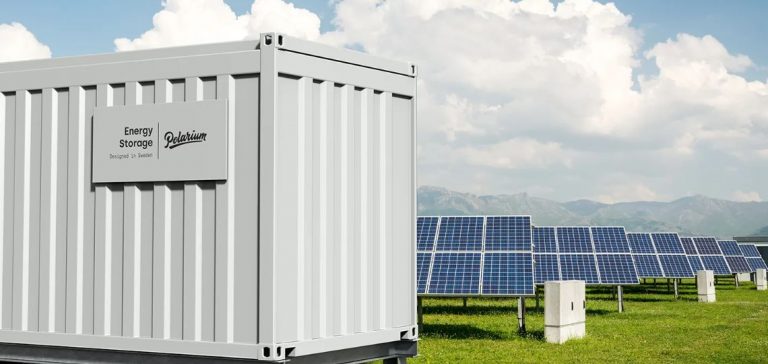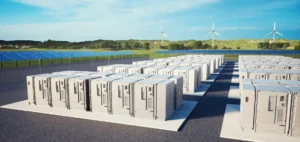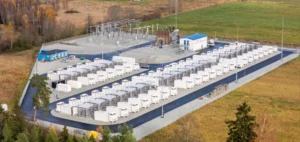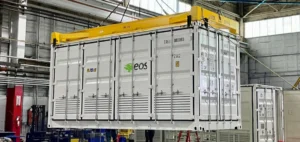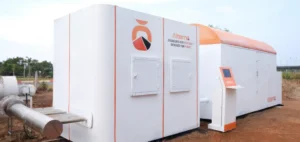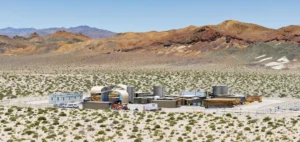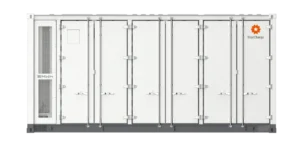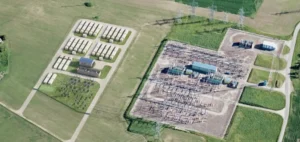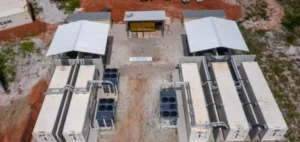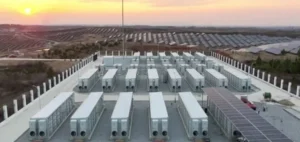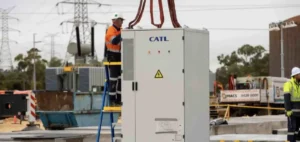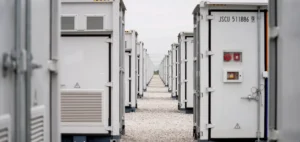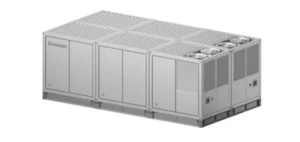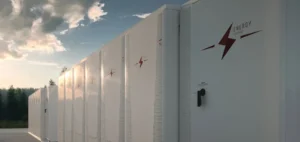Polarium, a specialist in lithium-ion energy storage solutions, faces financial challenges despite its presence in a growing market. The company announced that this capital injection would strengthen its position in the energy storage sector, which is witnessing increased demand for more flexible and advanced energy management solutions, particularly for telecom operators.
Key contributors to this fundraising include Vargas Holding, a long-time shareholder, as well as Swedish pension fund Alecta, which invested an additional 100 million kronor in this round. It is worth noting that Vargas Holding is also a co-founder of Northvolt, another Swedish battery firm currently seeking funds to continue its development projects. The participation of other institutional investors such as AMF and RoosGruppen highlights the ongoing interest in Polarium’s restructuring despite its current difficulties.
Strengthening market positioning
The energy storage market is growing rapidly, driven by the rise of renewable energy and the need to stabilize power grids. Polarium, despite its difficulties, has expertise in producing lithium-ion battery systems for telecommunications and other energy sectors. The new financial support could allow the company to continue innovating and strengthening its position amid growing competition.
One of Polarium’s main challenges is to convert this capital into sustainable growth levers. This includes not only modernizing its production capabilities but also expanding its product portfolio. Demand for energy storage systems remains strong, particularly in Europe and North America, which could provide the company with opportunities to bounce back.
Challenges for Polarium
Despite this capital injection, Polarium faces significant challenges, notably the need to restore profitability. Production costs, margin pressures, and competition in the battery sector remain major obstacles. However, the company’s relationship with institutional investors like Alecta and AMF could provide the financial stability needed to overcome this difficult phase.
Additionally, Polarium will need to maintain strong partnerships, particularly with Vargas Holding, which is also involved in Northvolt’s development. This relationship could yield valuable synergies in technology and production, enabling Polarium to enhance its products and better meet market demands.
Future prospects
Polarium’s future largely depends on its ability to effectively execute its turnaround plan. With the support of its shareholders, the company may consider new developments, both in terms of products and markets. If Polarium manages to stabilize its finances and innovate within the battery segment, it could capitalize on the anticipated growth in the energy storage sector, which is crucial for the decarbonation of energy grids.
Ultimately, this fundraising marks a critical juncture for Polarium, which must turn this opportunity into a concrete growth strategy to regain a positive trajectory in an increasingly competitive sector.


